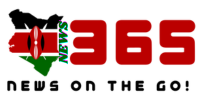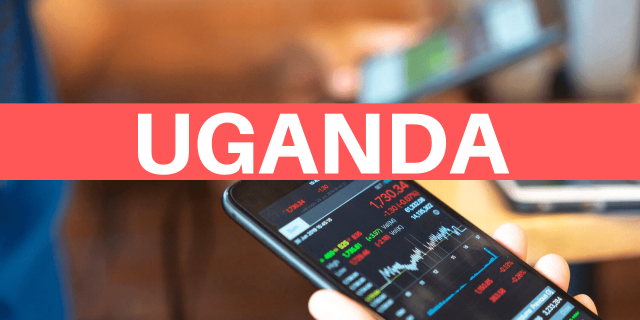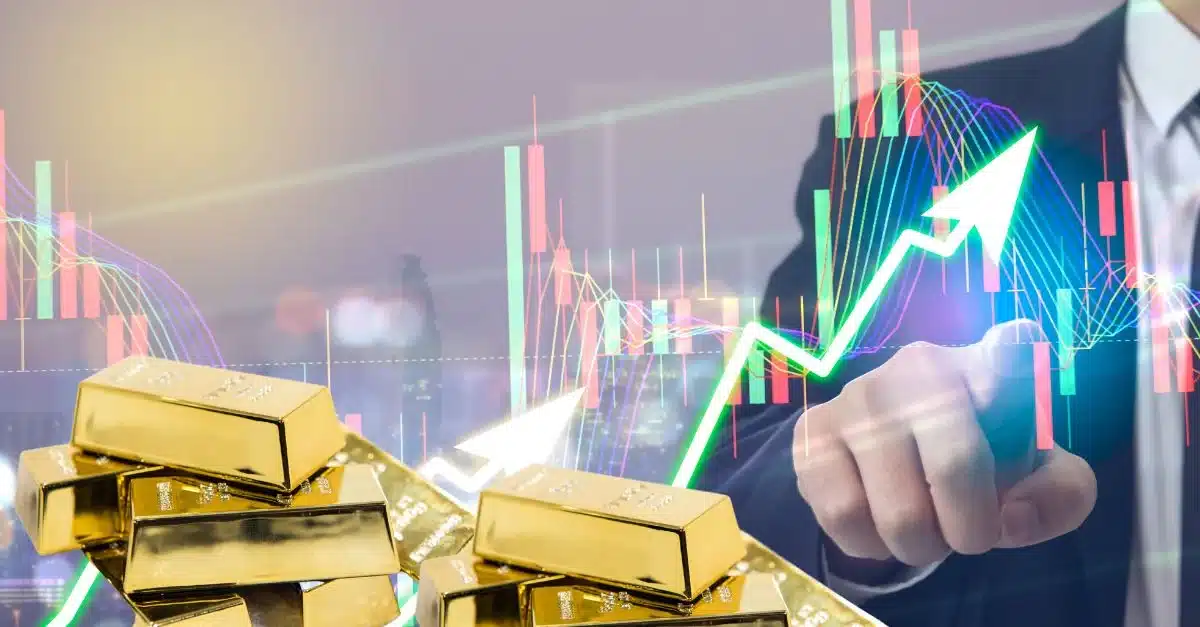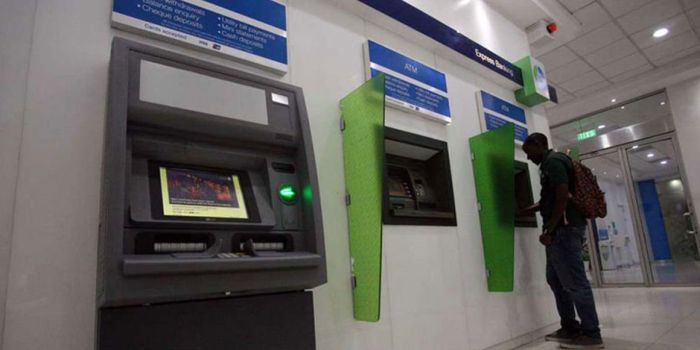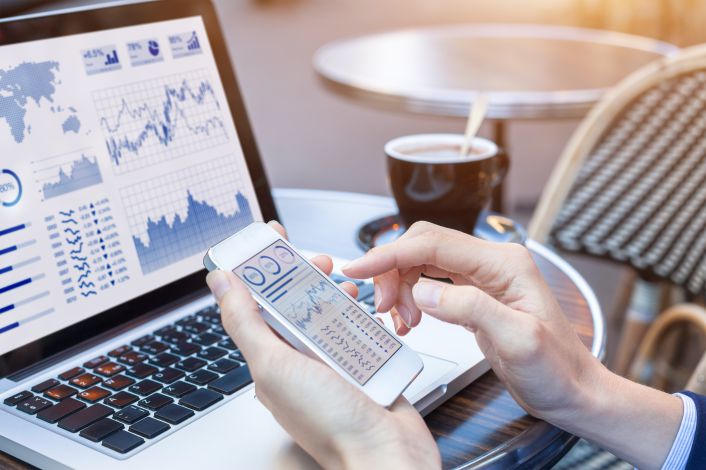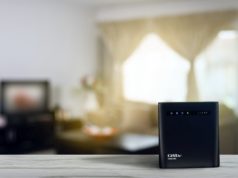Forex Trading Overview
The foreign exchange (Forex) market is a global market with no central location and no single entity that can control it. Forex is the exchange of one currency for another, either for business, profit, or leisure.
Forex trading in Uganda can be done 24 hours a day, five days a week (with a weekend gap during which the markets do not operate). Market participants in forex include retail traders like you and I, banks, corporations, hedge funds, investment organizations, and others.
According to forexbrokers.co.ug, you can easily participate in forex trading using a laptop, desktop, or mobile device, allowing you to trade from anywhere in the world at any given time when a session is open.
Where to Start with Forex Trading in Uganda
Learn about the forex market, how it works, and what influences it
The forex market experiences trading volumes of over 6 trillion USD daily, which can intimidate new traders. However, the forex market and how it works can easily be broken down into bite-sized portions, starting with common terms used in forex trading.
It would help if you familiarized yourself with some of these common forex terms:
- Bid/Ask
- Spread
- Pip
- Leverage
- Quote Currency
- Base Currency
- Margin, and so on.
Forex traders buy one currency while simultaneously selling another, and the cost involved depends on the difference between the bid/ask price or the spread. Forex is traded over the counter (OTC) via the interbank system, as opposed to the stock market, which has controlled exchanges.
Furthermore, currency values fluctuate, and the following factors drive the price movements in the forex market:
- Interest Rates set by Central Banks
- Intervention from Central banks
- Economic growth or decline
- Employment data
- Market Sentiment – feelings of fear and greed from participants
- Retail Sales
- Consumer spending
- News
Choose a forex broker
Your broker is the connection between you and the forex market. The broker buys and sells currencies via the trading platform you use on your computer or mobile device. The broker either makes the market where you can buy/sell, or they send your order to market makers who fill it.
Alternatively, the broker sends your order directly to the market, filling it at the best possible price. Your broker is your trading partner.
Therefore, you must select a reputable, well-regulated broker with a good reputation, affordable trading conditions, and an extensive list of useful tools and features to help you become a better trader.
Open a demo account and start practicing
Once you have found your broker, register a demo account to start hands-on skills development in forex trading without risking your funds. You can also use the demo to test strategies and explore your broker’s offer risk-free.
Choose a currency pair and start trading
Once you are more experienced and familiar with trading, you can register a live account, deposit funds, and choose a trading strategy. Once you have a strategy that suits your unique needs and objectives, you can choose a currency pair.
Always use risk management
Risk management is one of the most crucial factors in forex trading, ensuring that your broker is not a scam.
Always use stop-loss and take profit orders, do not use excessive leverage, make sure your risk/reward is 1:2 or 1:3, and know when to cut your losses, among other risk management strategies.
👉Open a Free Trading Account Now
Final Thoughts
Forex trading can seem like a daunting venture when you first start. However, there are several steps that you can follow to get started. The process of successfully trading is not linear, and everyone makes mistakes.
However, learn from your mistakes and improve your trading skills and strategy.
